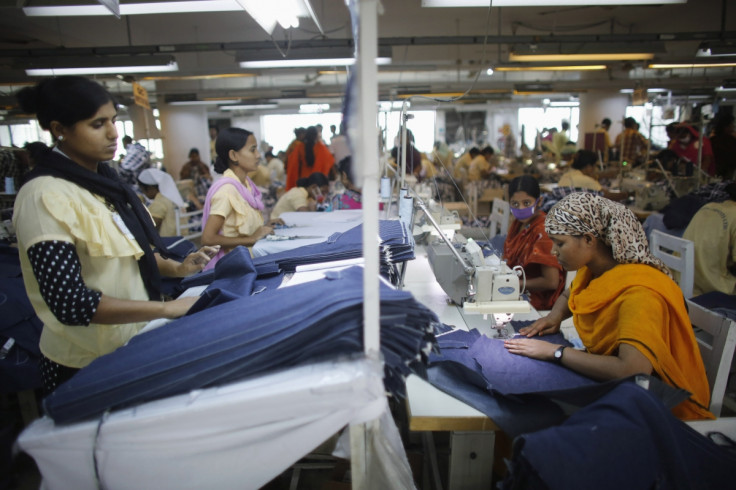Bangladesh Garment Factory Owners Suffer from Mandatory Wage Hike

Garment factory owners in Bangladesh are suffering from rising costs primarily due to the increased wages of labourers amid international calls for better working conditions after the Rana Plaza disaster.
Reuters reports that the owners nearly doubled wages and have less money for safety improvements at factories, as their profits are squeezed. In addition, a number of global retailers who source from those factories are not willing to share the rising costs.
The cost concerns come as Bangladesh's garment export industry is facing stiff competition from other low-cost Asian countries such as India, Vietnam, Indonesia and Cambodia.
Following the collapse of the eight-storey Rana Plaza building in Bangladesh on 24 April 2013 killing more than 1,100 people, Bangladesh's garment export growth has declined to the lowest rate in 15 years. Global retailers have started preferring other emerging markets due to concerns about workshop safety, higher wages and political uncertainty.
The Asian country is the second-largest exporter of garments after China with its clothing industry valued at $20bn. The sector has been vital for the country's economic growth, as many foreign players source from garment factories there due to the preferential treatment for Bangladeshi garments in foreign markets. The sector employs about 4 million people and generates 80% of the country's export earnings.
After the Rana Plaza disaster, thousands of garment factory workers in Bangladesh protested over low wage rates, resulting in the closure of many factories.
As a result, authorities in Bangladesh and clothing companies, especially in the US and Europe, have pledged to increase wages and improve safety standards at the country's factories. Europe and the US account for 60% and 23% of clothes export from Bangladesh, respectively.
Britain's supermarket operator Tesco said in a statement to Reuters that it had lobbied for higher wages for Bangladesh's labourers and would continue to work with suppliers to improve pay and shorten workers' hours. US clothing chain Gap and Sweden's fast-fashion retailer H&M also noted that they had pushed for increased wages in Bangladesh.
© Copyright IBTimes 2024. All rights reserved.






